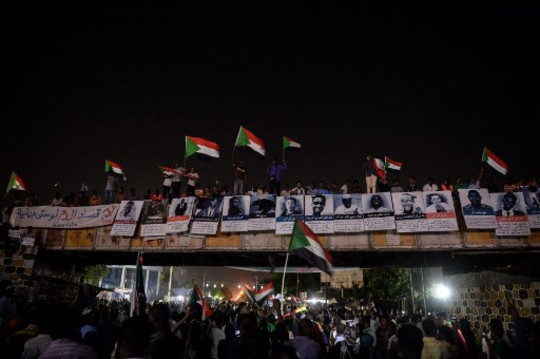The decision was taken by the Sudanese military council following a protest outside the defence ministry in central Khartoum and which Al-Jazeera broadcast footage of.
“They told us that the military council had decided to close the Al-Jazeera network’s office and withdraw its licence. We gave them the material and the office”, said Al-Musallami Al-Kabbashi, the director of the station’s Khartoum office, in a statement on Friday 31 May.
Journalists and media were seriously harassed and threatened when the massive public protests against President Omar al-Bashir’s rule and demands for his removal erupted. Since protests began, the government has increased pressure and threats against media by closing offices, banning the publication of articles and editorials, arbitrarily arresting journalists and withdrawing work licenses.
After the ousting of president Omar al-Bashir in April 2019, attacks against media freedom continued as the military council tries to silence reporting of the protests of civilian groups calling for a limited military representation in the transitional government.
Philippe Leruth, IFJ president, said: “Al Jazeera office’s closure in Khartoum is an attack against press freedom and independent journalism. It’s a wrong signal in the difficult context in Sudan where a new democracy is being built. Press freedom is an essential element of democracy and we call on the Sudanese authorities to cancel this decision and let all journalists working in the country operate freely and respect their professional ethical duties”.

